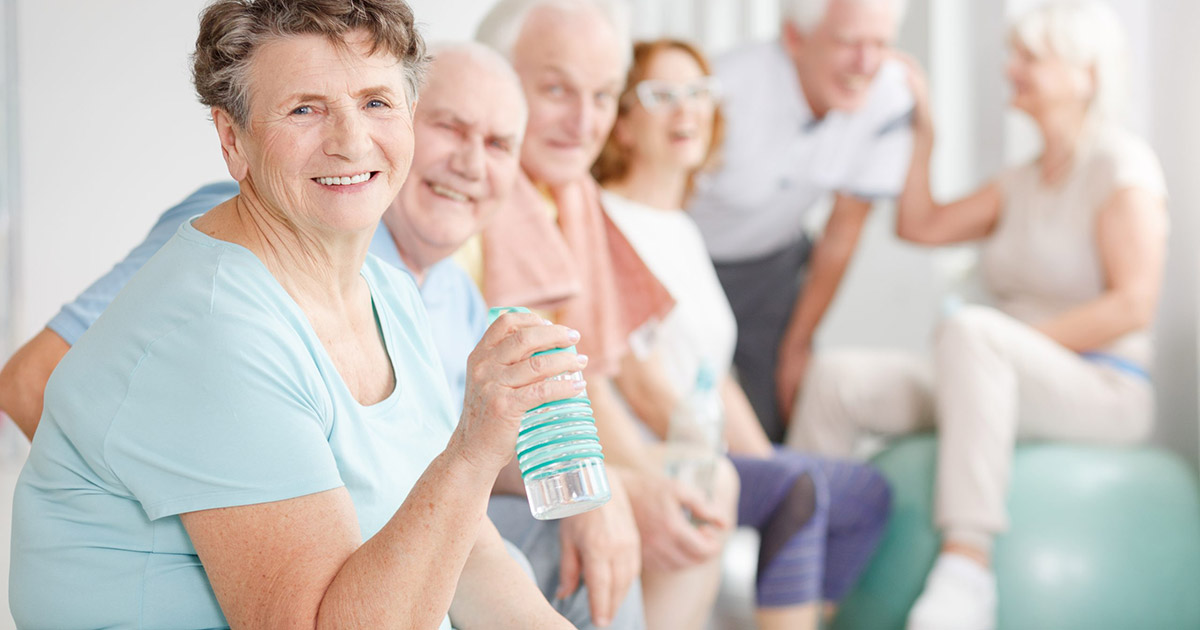Surviving the Heat: Essential Information, Hydrtion and Cooling Tips
In the end of L. Frank Baum’s The Wonderful Wizard of Oz, Dorothy and her traveling companions discover they already have what they thought they lacked. The same could be said about preparing for heat in the summer. According to the Center for Disease Control (CDC), people 65 years and older are more prone to heat-related issues. Knowing how to watch for heat stroke, following the weather reports and making sure you have the tools to keep cool like water and airflow are the best ways to prepare for the heat this summer.
Stay Informed
Being informed is arguably one of the most important ways to beat the heat. Knowing a heat wave is coming by following the news will get you in the mindset to drink enough fluids and stay cool. Remember, seniors are typically sensitive to heat because they have medications that disrupt temperature regulation, are sensitive to extreme temperatures and might have chronic medical conditions that change the body temperature. Make sure you or your loved ones discuss these factors with your doctor, so you are as knowledgeable as possible about what to do when the heat strikes.
Drink Water
As the saying goes: if you feel thirsty, you are already dehydrated. It is better to make a habit of drinking more water than usual during the hotter months. You can also reduce the amount of sugar, alcohol, and caffeine you drink because they can cause you to lose more body fluid. But remember, if your doctor limits the number of fluids you can consume, make sure you or your loved ones find out what the safe amount is when it is hot.
Cool Air
You will want to use your air conditioner during the summer months to make sure you stay cool. Other ways to stay cool are using ceiling and portable fans to circulate air, closing your curtains or blinds during the hottest times of the day to block out the hot sun, and taking cooler baths or showers. Also, be sure to plan your outdoor activities in the early mornings before the sun rises and choose less-strenuous movements.
While there is no place like home, if you do not have access to an air conditioner, be sure to go to community facilities with cool spaces like movie theaters and shopping malls. Remember, sometimes it is not always about the outside temperature, it is how your body is regulating the heat.
If you experience warning signs of heat stroke such as a high body temperature of 103० or higher, hot, or red skin, fast or racing pulse, confusion, headache, and fainting — contact your doctor or loved ones right away.

